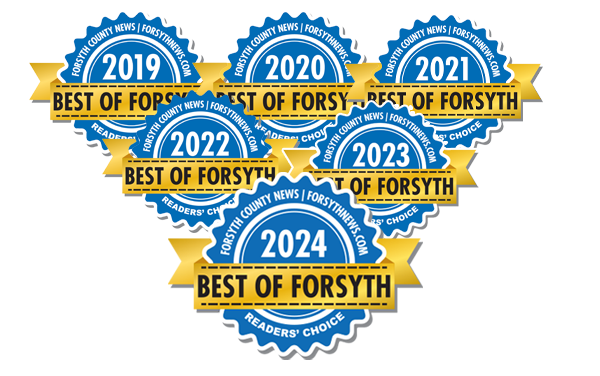FAQ’s
Welcome to GI North, where we are dedicated to providing every patient with excellent care every time.
What is a gastroenterologist and when should I see one?
a specialist extensively trained in the diagnosis and treatment of disorders of the esophagus, stomach, liver, pancreas, and bowels (large and small). You should see a GI Dr, no later than 45 years of age, or 40 if you have a family history of colon polyps or cancer. If you have symptoms of bloating, change in bm, trouble swallowing, abdominal pain, nausea, or vomiting, just to name a few common problems.
What is Cologuard?
a stool test that can determine if you have colon cancer for people who do not have a family or personal history of colon polyps (which it does not detect) or colon cancer
Is Colon Cancer common?
It is the 2nd leading cause of death from cancer in both men and women. Affecting 5-6% of the population.
Is Colon Cleanse a waste?
There is no science to support colon cleanse, but there are some risks so most traditional doctors would not recommend this procedure.
Why is a Colonoscopy preferred?
This is the only test to PREVENT colon cancer before it develops by removing small bumps called polyps that can grow into cancer silently.
Am I at risk of Anal Cancer?
Anal cancer is rare, and people who would be at risk are people who engage in receptive anal intercourse, have genital warts (HPV), women, HIV, smoking to name a few.
What is considered normal bowel movements?
At least 3 bowel movements formed stool without difficulty evacuating
What are Hemorrhoids and what causes them?
We all have hemorrhoids which are simply normal blood vessels in the area of the anus that can become irritated by a variety of things like staining, sitting, abnormal bowel movements i.e. diarrhea or constipation, age, pregnancy to name a few. They can swell, form a clot within the vessel, bleed, and itch.
What is a Low FODMAP diet?
It is a wide variety of foods that can be poorly digested or fermented and lead to symptoms of IBS such as bloating, abdominal cramping, and abnormal bowel movements. studies show by eliminating these foods symptoms you can reduce or eliminate these symptoms. You can then reintroduce certain foods you may not wish to give up one at a time, to see which are the culprit.
Why would I need an Upper Endoscopy?
Chronic heartburn, difficulty or pain when eating, abdominal pain, chronic heartburn, nausea vomiting just to name a few.
Why should patients not self-treat acid reflux?
Acid reflux is an irritating symptom and can be a primary cause of nausea. In some cases, the condition can get quite serious and lead to other health complications, which Is precisely why patients should never try to self-treat GERD (gastroesophageal reflux disease), a chronic digestive disorder produced from frequent stomach acid back flow. These sometimes-serious symptoms should only be treated under the supervision of a doctor who can readily identify the key symptoms and therefore help you prevent developing acid reflux-related nausea.
What is Gastroparesis and am I at risk?
Gastroparesis is when the motor action of the stomach does not work effectively, and food sits in the stomach too long. it is not uncommon and can be caused by narcotic pain medication and long-standing diabetes. Many times, the cause is unknown and/or felt to be after an infection.
How do you treat a bleeding ulcer?
Endoscopy most commonly, the ulcer can be cauterized, or a small temporary clip can be used, both are very effective. Additionally, medications to lower stomach acid and treating for a bacterial cause are also commonly employed.
What is IBS (Irritable Bowel Syndrome)? Can exercise make IBS better?
IBS is a common disorder that affects the large intestine. Signa and symptoms include cramping, abdominal pain, bloating, gas and diarrhea or constipation or both. IBS is a chronic condition that you will need to manage long term. Physical activity may ease your IBS and prevent them from getting worse.



